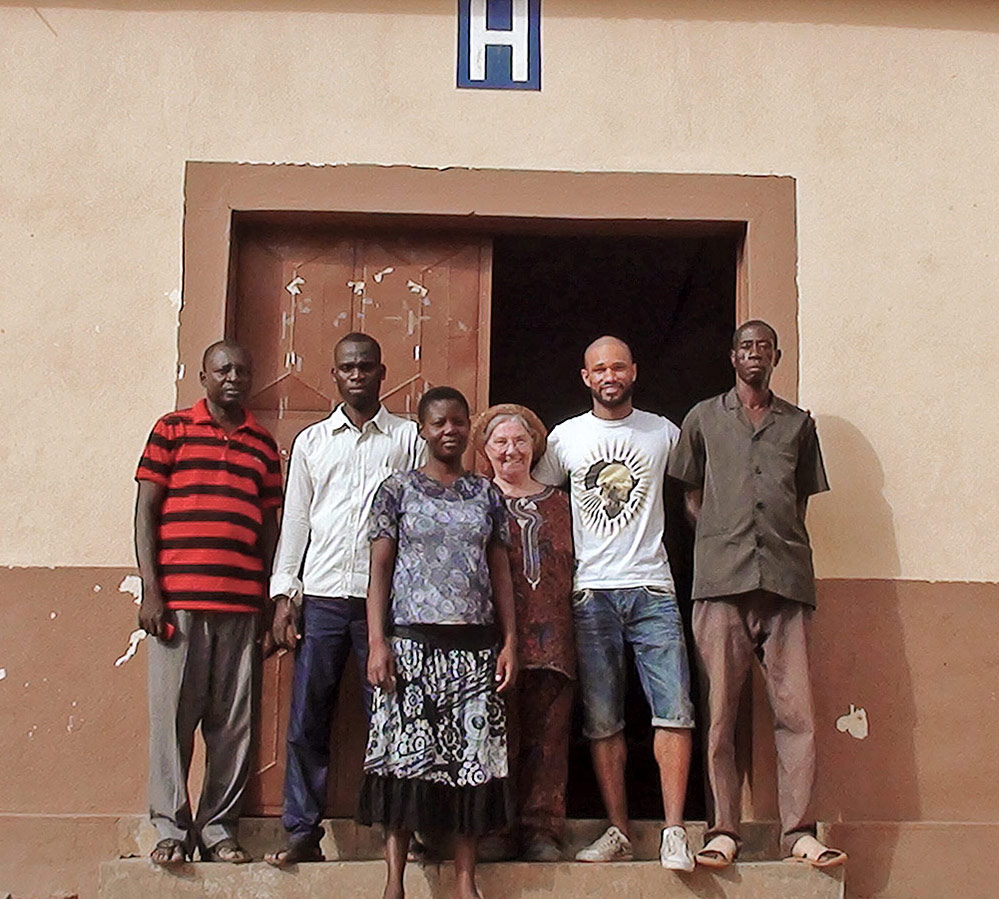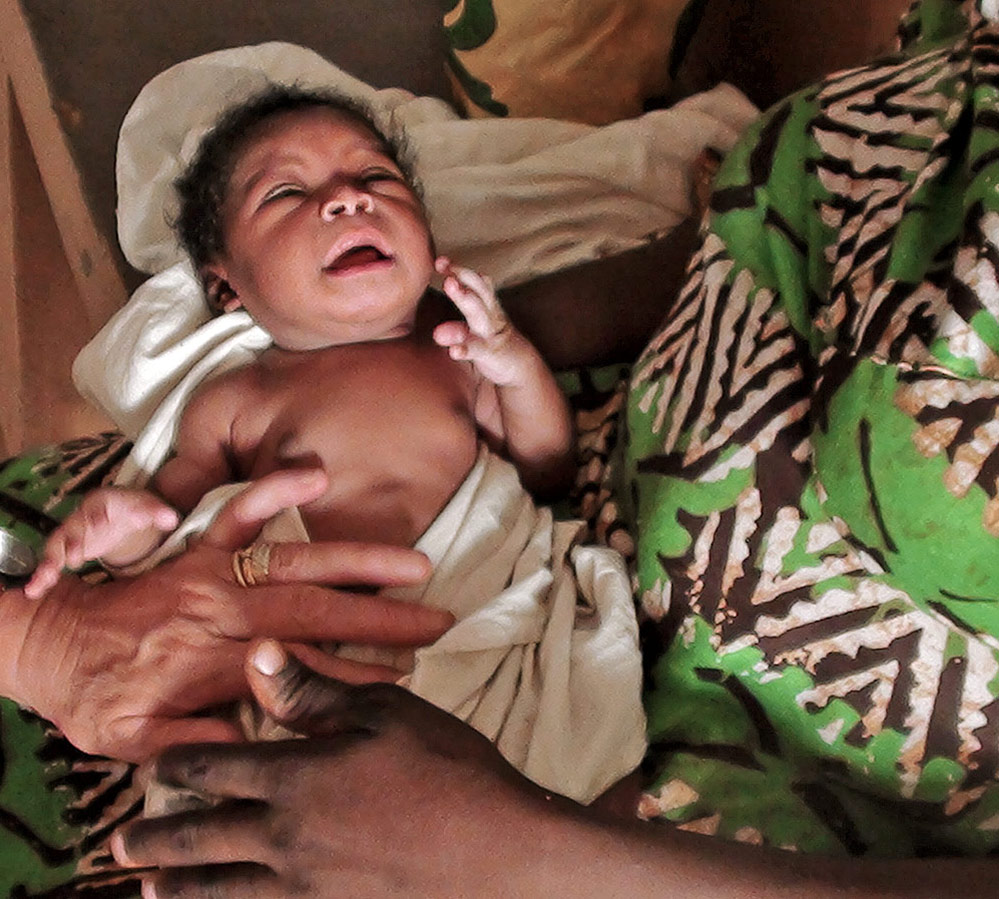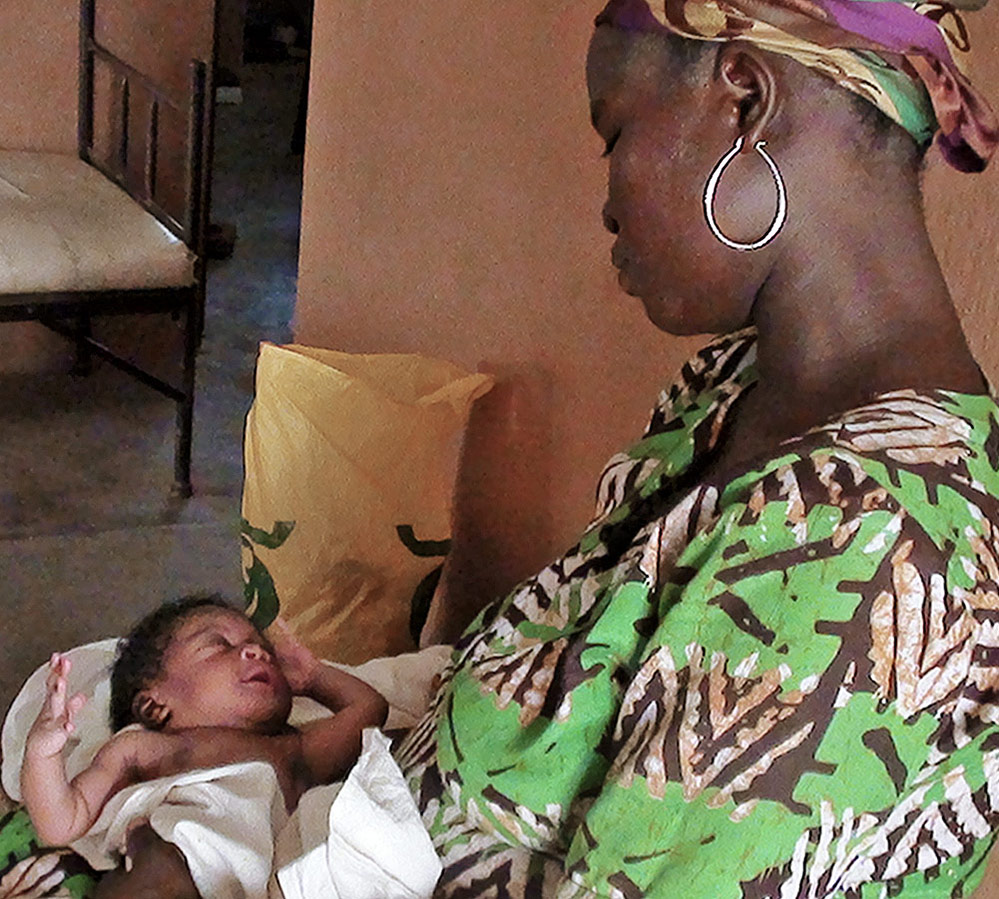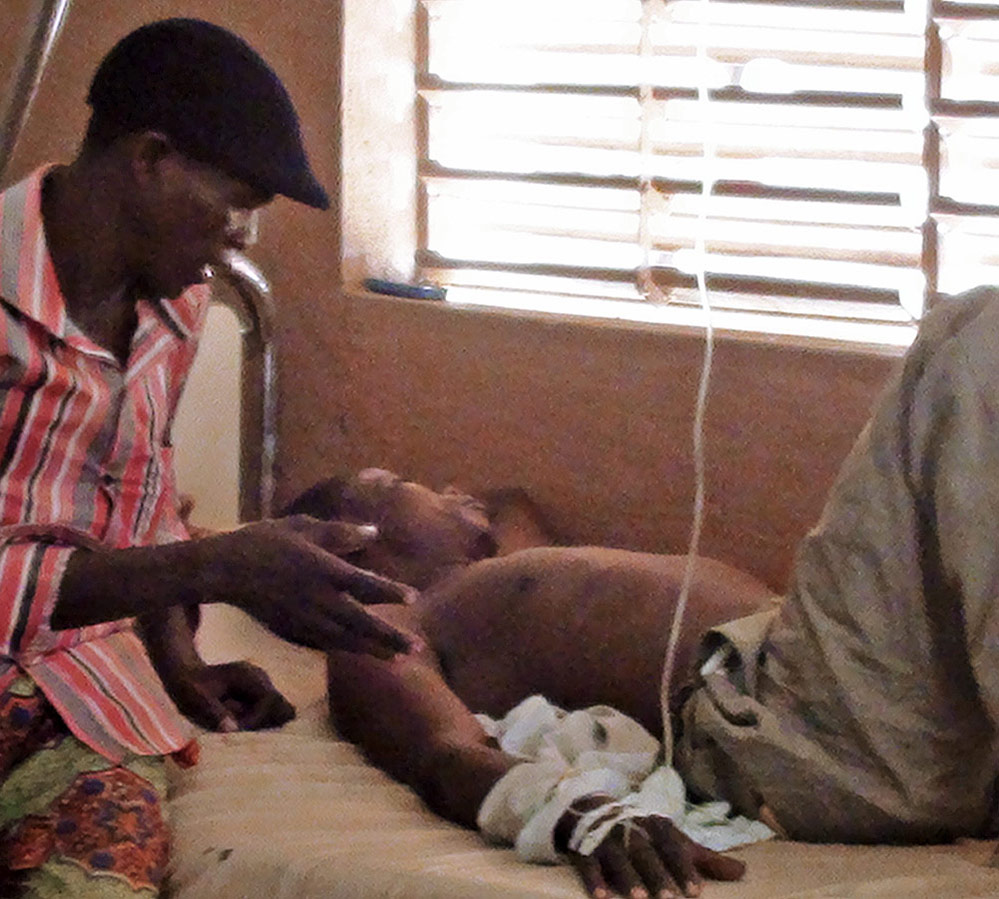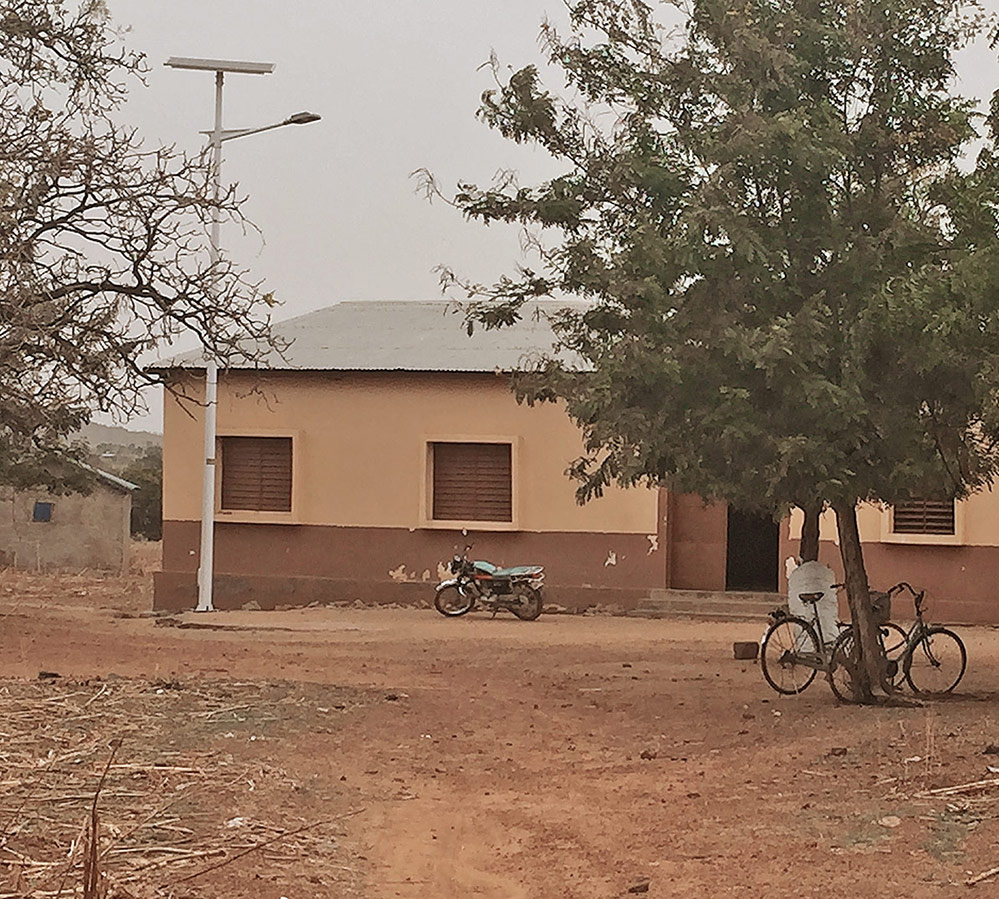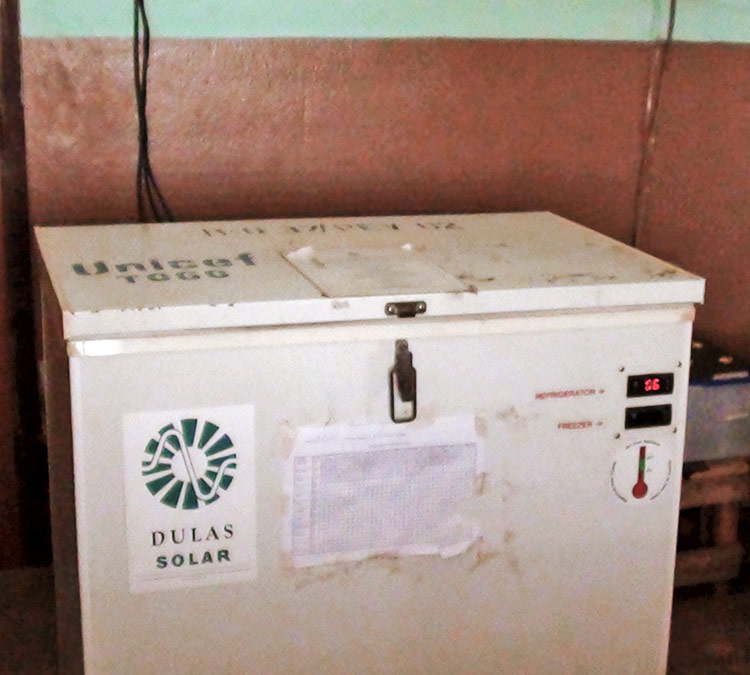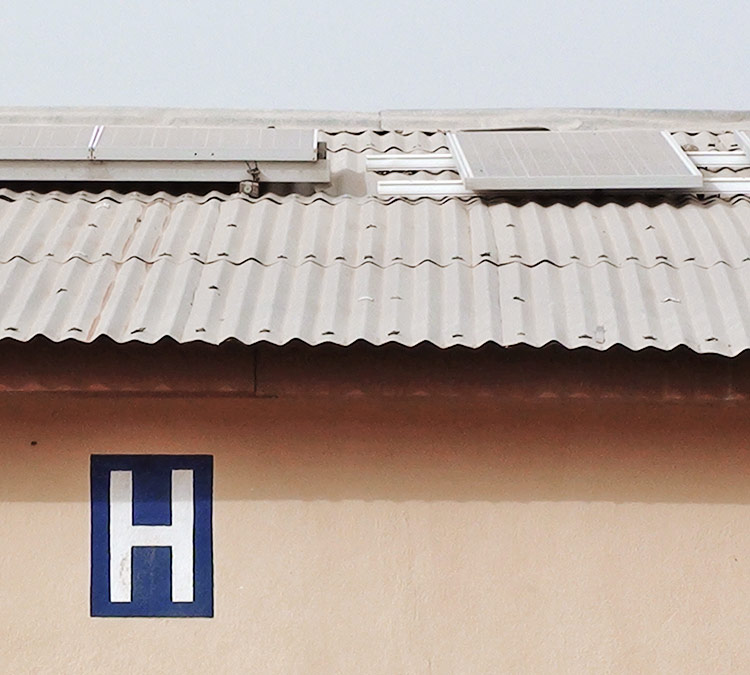Region
Loutogu, Togo
Beginning of the project
December 2011
Project duration
3 month
Project status
completed
Beneficiaries
Population region
Project purpose
optimization of health care
Total Cost
5’000 CHF
Supported by
Private financing
Project origins
Although Article 25 of the Universal Declaration of Human Rights clearly defines that health is a fundamental right, access to basic care is one of the most critical aspects of the daily reality of the so-called developing countries. The lack of structures, of specialized personnel, the precariousness of the hygienic conditions and the narrowness of economic means severely limit the availability and quality of services, negatively affecting in particular the most indigent and fragile sections of the population.
The Togolese reality fully represents the consequences of this phenomenon that involves several important repercussions on quality and life expectancy, in 2013 the world average stood at 71 years while that of Togo at 57.3, in a context where infant mortality (between 0 and 5 years) is among the highest, estimated between 125 and 141 per 1000 (in particular 2500 children die every week), and deaths related to diseases such as malaria and HIV infection are still widespread, 395,000 of the 495,000 deaths caused by malaria in 2015 occurred in the African continent and more than 4,700 in Togo.
The need to curb the harmful consequences of this situation and the desire to optimize accessibility and quality of local health services are among the main aims of this project.
Project Description
Lotogou's dispensary is the main health center and center of reference for basic care and first aid in the canton which has about 15000 inhabitants, the structure assists on average more than 10 parts per month.
Built in 1983 by the state administration, it is managed by a manager and a midwife who have been working for years in a situation of narrowness and degradation.
The lack of tools, the precarious hygiene conditions and the absence of electric current greatly limit the possibilities for intervention and the quality of the service, conditioning accessibility during the night hours and preventing the storage of perishable medicines and vaccines.
The objective of the project is to optimize the performance and quality of the service through a global restructuring of the building that also includes the installation of solar panels capable of supplying electricity to power a lighting system and a chiller.
Expected and reached results
The restructuring intervention fully satisfied the expected results, bringing about a substantial improvement in the sanitary conditions of the local population.
Thanks to the availability of electricity, the service is now fully accessible even during night time and is also equipped for storing easily perishable medicines and vaccines that were previously only available at the Dapaong hospital, which is about 50km away.
From the point of view of development cooperation, the staff active in the structure, thanks to the income generated by the services provided, successfully works with the maintenance of the equipment included, including that of the photovoltaic plant.

